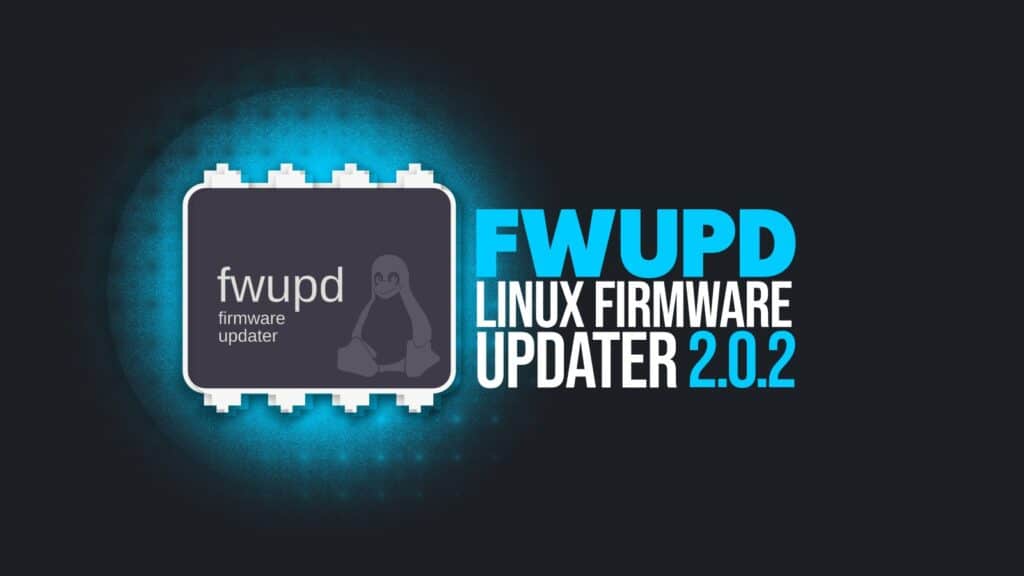The latest release of fwupd, a simple tool that aims to make managing firmware updates on Linux-based systems easier and more automatic, is here: version 2.0.2.
This update introduces several useful features that enhance its versatility and testing capabilities. Among the notable changes, adding the ‘get-version-formats‘ and ‘vercmp‘ commands to fwupdtool allows users to get detailed information on firmware version formats and compare them efficiently.
Another welcome addition is support for checking AMD hardware configuration MSR, which promises better handling of AMD systems.
Fwupd 2.0.2 also brings support for enumerate-only device emulation to help expand test coverage. Developers can now pass a JSON file instead of a ZIP archive for emulation, simplifying the testing process.
At the same time, some old features have become obsolete, such as support for CSR DFU and Nitrokey devices, which have now been retired.
Alongside new features, fwupd 2.0.2 addresses several bugs that had the potential to impact users’ experience. Noteworthy fixes include resolving version checks for AMD Sinkclose and ensuring proper validation of getpid() values to prevent minijail failures.
Another important fix involves checking the VLI USB3 firmware size before erasing, helping to avoid unnecessary problems during updates.
The release also addresses memory leaks related to algoltek-usb status and telink-dfu firmware updates, reducing resource waste and improving performance.
For those who rely on UEFI dbx updates or deal with eMMC probing, fwupd 2.0.2 fixes several related issues that surfaced in earlier 2.0.x versions.
Even the more complex edge cases, such as endianness parsing of msgpack float64 and handling corrupt ELF files, have received attention, ensuring stability across a wider range of scenarios.
We continue with the enhanced algorithm for detecting multiple device-ID matches, making the process more precise and less prone to errors. Additionally, the speed of decompressing large cab archives has been improved by a notable 30%, a change that users with large deployments will certainly appreciate.
On the hardware support side, fwupd 2.0.2 broadens its reach with initial community-provided support for the ASUS ROG Ally and ROG Ally X. Users can now also update firmware for Google GID8 headsets, j5create USB-C JCD373 adapters, Logitech Sight (as a standalone device), and more.
Last but not least, Raspberry Pi Pico enthusiasts will be pleased to know that their beloved microcontroller is now officially supported too, alongside a range of other devices, including the SteelSeries Nova 5 and various Netprisma and Quectel products.
Fwupd 2.0.2 is now available for download, and users are encouraged to upgrade to take full advantage of the new features and improvements. For more details on all novelties, visit the changelog.
